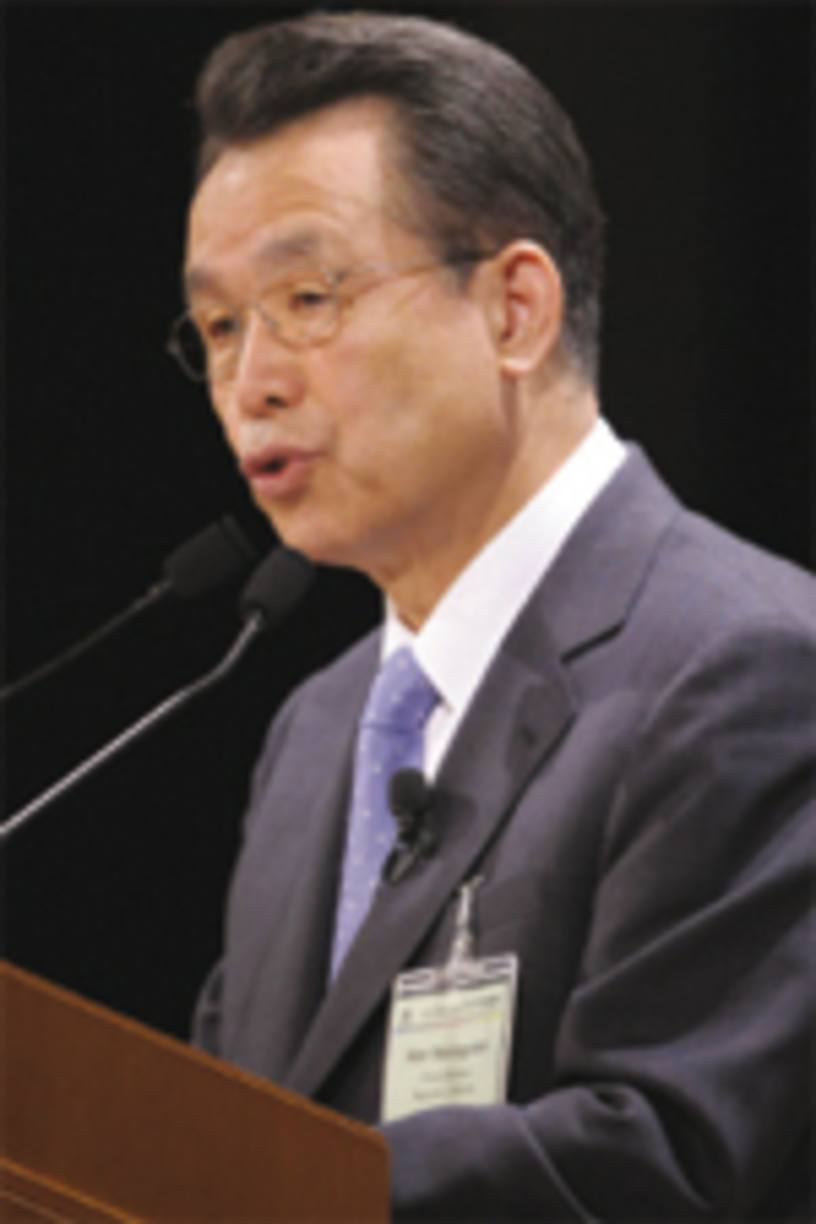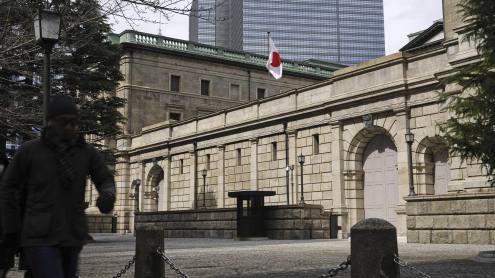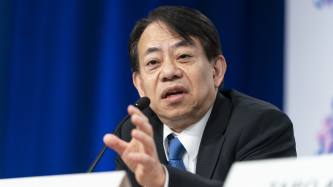Are the lessons of the 1997 Asian financial crisis applicable in today's broader global context? Clearly we are still grappling with the effects of a weak global economy. The credit crisis, triggered by the subprime mortgage meltdown in the US, produced devastating repercussions. However, the unprecedented crisis mandated unprecedented international collaboration. To this end, governments of major economies worked tirelessly to contain and stabilise the dramatic fluctuation in the global financial system.
Specifically, we came together at the G-20 summit meetings. We first met in Washington, DC, last November, then in April in London and the G-20 will meet again in New York in September. These efforts resulted in several important fiscal and monetary measures. Financial commitments included $1100bn to various programmes to improve finance, credit, trade, investment and overall economic activity. Nearly 10% was allocated to assist international development banks in continuing to lend to impoverished countries. An agreement was also reached on broader global regulation of hedge funds and credit rating agencies.












